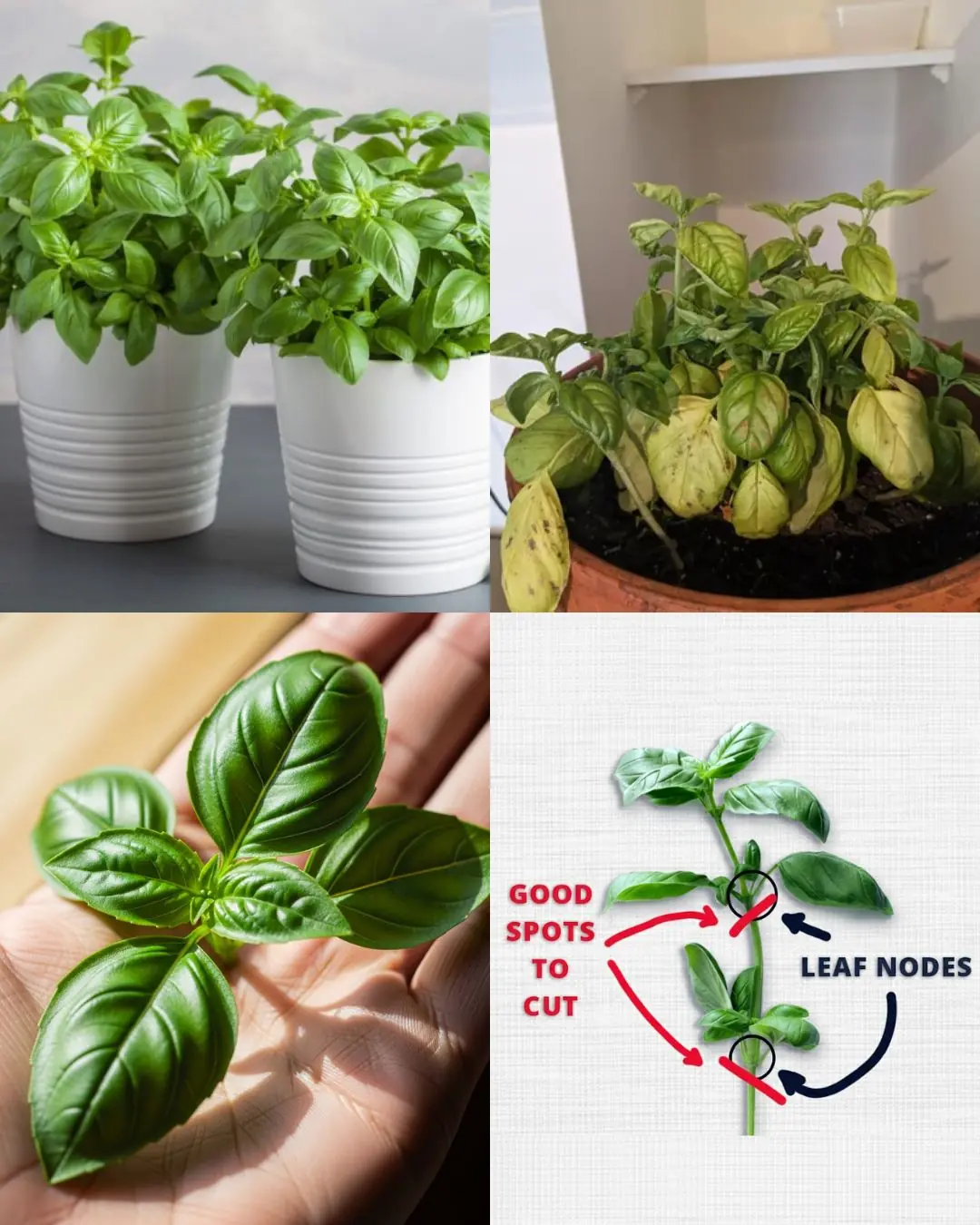8 Collagen-Boosting Vegetables That Reduce Leg Swelling & Support Joint Health in Seniors
Did you know that over 40% of seniors experience leg swelling or joint stiffness, often due to reduced collagen levels in the body? Collagen is a vital protein that keeps our joints, skin, and blood vessels strong and flexible. But as we age, our body’s ability to produce collagen naturally declines—leading to discomfort, puffiness, and reduced mobility, especially in the legs.
The good news? Certain vegetables can naturally stimulate collagen production and reduce inflammation, helping seniors regain comfort and mobility. In this guide, you’ll discover eight nutrient-rich vegetables that support joint health and ease swelling. Plus, you'll find practical tips, serving ideas, and real-life insights to help you easily add these superfoods to your diet.
Why Collagen Is Crucial for Healthy Legs and Joints
Collagen acts as the structural foundation for joints, ligaments, tendons, and blood vessels. Think of it as the "glue" that holds everything together. When collagen breaks down with age, the tissues around joints become weaker, and circulation becomes less efficient—leading to increased swelling (edema), joint pain, and stiffness.
What Collagen Does in the Body:
-
✅ Strengthens joints and cartilage – reducing pain and stiffness
-
✅ Improves blood circulation – preventing fluid buildup in legs
-
✅ Reduces tissue inflammation – easing discomfort from swelling
-
✅ Supports skin and vein health – helping prevent varicose veins and puffiness
According to a 2022 study in the Journal of Gerontology, low collagen levels are directly linked to poor joint mobility and increased vascular problems in older adults.
8 Collagen-Boosting Vegetables Every Senior Should Try
These vegetables are rich in collagen-supporting nutrients like vitamin C, copper, silica, and antioxidants. They're easy to find, versatile to cook with, and offer natural relief for aching joints and swollen legs.
1. Spinach
Spinach is a leafy green loaded with vitamin C, which is essential for collagen synthesis.
-
Key Benefits: Boosts collagen production, improves blood circulation, reduces joint inflammation
-
Key Nutrients: Vitamin C, magnesium, lutein, antioxidants
-
How to Eat: Blend into smoothies, stir into omelets, or sauté with garlic and olive oil
🧪 Backed by Science: A 2020 study in Nutrients showed vitamin C is a key catalyst in the collagen-building process.
2. Bell Peppers
Red, yellow, and orange bell peppers are vitamin C powerhouses and full of anti-inflammatory antioxidants.
-
Key Benefits: Strengthens blood vessels, reduces swelling, supports immune health
-
Key Nutrients: Vitamin C, flavonoids, vitamin A
-
How to Eat: Slice into fresh salads, roast in the oven, or stuff with quinoa and beans for a hearty meal
📊 A 2021 study in Clinical Nutrition highlighted bell peppers as one of the top vegetables for maintaining vascular elasticity.
3. Broccoli
Broccoli is packed with sulforaphane, a compound shown to fight inflammation in joints.
-
Key Benefits: Eases arthritis pain, supports cartilage health, improves detoxification
-
Key Nutrients: Vitamin C, sulforaphane, calcium
-
How to Eat: Steam and toss with lemon juice, or stir into soups and casseroles
🧬 A 2019 study in Arthritis Research & Therapy found that broccoli compounds significantly reduce joint swelling.
4. Kale
This dark leafy green is rich in both vitamin C and copper—both vital for collagen creation.
-
Key Benefits: Promotes connective tissue repair, reduces leg puffiness
-
Key Nutrients: Vitamin C, copper, vitamin K, fiber
-
How to Eat: Massage raw kale with olive oil for salads, bake into chips, or sauté with garlic
🍃 Kale also supports heart health and helps maintain a healthy weight—both important for joint relief.
5. Brussels Sprouts
These mini cabbages offer a powerful mix of anti-inflammatory and collagen-supporting nutrients.
-
Key Benefits: Enhances joint flexibility, reduces water retention in the legs
-
Key Nutrients: Vitamin C, vitamin K, fiber
-
How to Eat: Roast with balsamic glaze or toss with turkey bacon for added flavor
🔥 A 2021 study in Phytotherapy Research found Brussels sprouts lowered inflammatory markers in adults with chronic joint issues.
6. Tomatoes
Tomatoes are rich in lycopene, an antioxidant that protects blood vessels and supports circulation.
-
Key Benefits: Reduces puffiness, boosts vascular health, protects against oxidative stress
-
Key Nutrients: Lycopene, vitamin C, potassium
-
How to Eat: Enjoy in soups, sauces, or fresh in salads or bruschetta
🍅 Tip: Cooking tomatoes boosts lycopene availability—try roasting or simmering them!
7. Green Beans
Green beans are an underrated source of silica, a mineral essential for collagen development.
-
Key Benefits: Increases joint mobility, reduces inflammation and swelling
-
Key Nutrients: Silica, vitamin C, fiber
-
How to Eat: Sauté with slivered almonds, steam as a side dish, or add to stir-fries
💡 Silica also supports bone density—a critical factor for aging joints.
8. Cauliflower
Cauliflower is highly versatile and packed with anti-inflammatory nutrients that support joint repair.
-
Key Benefits: Fights inflammation, supports skin and tissue health
-
Key Nutrients: Vitamin C, folate, antioxidants
-
How to Eat: Mash as a potato alternative, roast with spices, or add to veggie rice bowls
🧠 Cauliflower is also good for cognitive health—another plus for older adults.
Quick Reference Table
| Vegetable | Key Nutrients | Main Benefit | Easy Serving Ideas |
|---|---|---|---|
| Spinach | Vitamin C, magnesium | Collagen support, circulation | Smoothies, sautéed with garlic |
| Bell Peppers | Vitamin C, flavonoids | Vessel strength, anti-inflammatory | Salads, roasted, stuffed |
| Broccoli | Sulforaphane, vitamin C | Joint repair, detox | Steamed, added to soups |
| Kale | Vitamin C, copper | Connective tissue health | Salads, chips, sautéed |
| Brussels Sprouts | Vitamin C, vitamin K | Flexibility, reduced swelling | Roasted, sautéed |
| Tomatoes | Lycopene, vitamin C | Blood flow, puffiness | Soups, sauces, fresh salsa |
| Green Beans | Silica, fiber | Joint mobility, swelling relief | Stir-fries, sautéed with almonds |
| Cauliflower | Vitamin C, antioxidants | Inflammation relief, joint health | Mashed, roasted, in bowls |
Meal Ideas for Seniors
Incorporating these vegetables into your daily meals is simple and rewarding.
Sample Daily Menu
-
Breakfast: Spinach and kale smoothie with banana and orange juice
-
Lunch: Grilled chicken salad with bell peppers, tomatoes, and green beans
-
Dinner: Roasted Brussels sprouts and cauliflower with baked salmon
-
Snack: Broccoli hummus dip with whole-grain crackers
Tips to Maximize Nutrient Absorption
-
Steam or lightly cook vegetables to preserve vitamin C
-
Combine with protein (like fish or beans) to enhance collagen synthesis
-
Use olive oil, lemon, and herbs for flavor without excess salt
-
Drink plenty of water to reduce fluid retention
Real-Life Example: Margaret’s Story
Margaret, 68, a retired teacher, had chronic knee pain and swollen ankles. After reading about collagen-boosting vegetables, she began eating spinach, tomatoes, and green beans regularly. Within a month, she noticed a big difference:
“The swelling in my legs reduced, and I could walk around my garden again without pain. I feel like I got my mobility back.”
Her story echoes findings from a 2022 Journal of Geriatric Medicine study, which showed that plant-based diets significantly reduce joint pain and edema in older adults.
Additional Lifestyle Tips for Joint & Leg Health
To boost the effects of collagen-rich vegetables, try these habits:
-
🛏 Elevate your legs: 15–20 minutes daily helps drain excess fluid
-
🚶 Stay active: Low-impact activities like walking or swimming improve circulation
-
💧 Stay hydrated: Water supports circulation and nutrient delivery
-
🧂 Limit sodium: Too much salt causes water retention
-
🧦 Use compression socks: Great for managing leg swelling
-
⚖️ Maintain a healthy weight: Less strain on joints and legs
Precautions for Certain Individuals
While these vegetables are healthy for most people, some should exercise caution:
| Group | Concern |
|---|---|
| Kidney issues | High potassium content |
| Blood thinner users | Vitamin K in greens may interfere |
| Allergies |



































